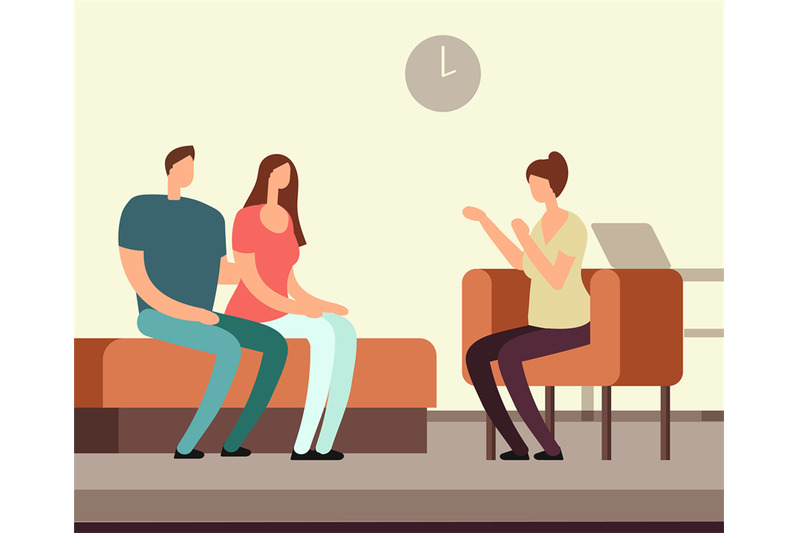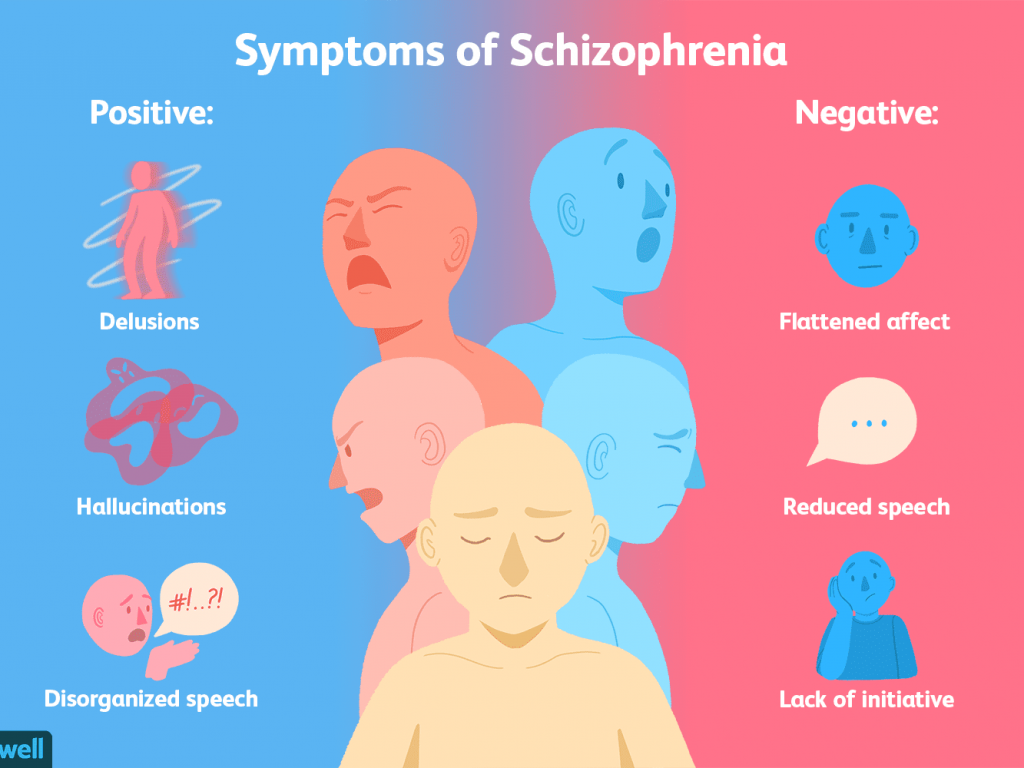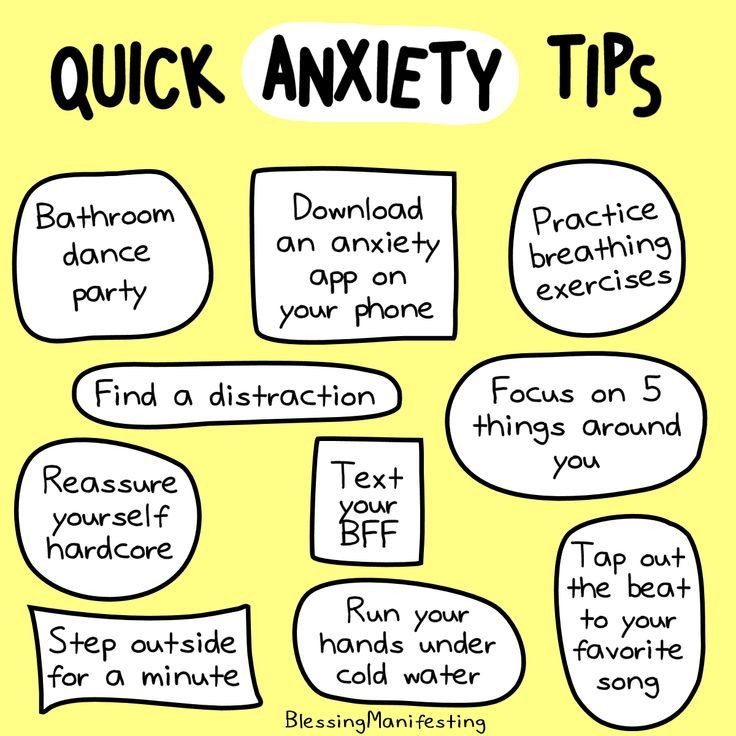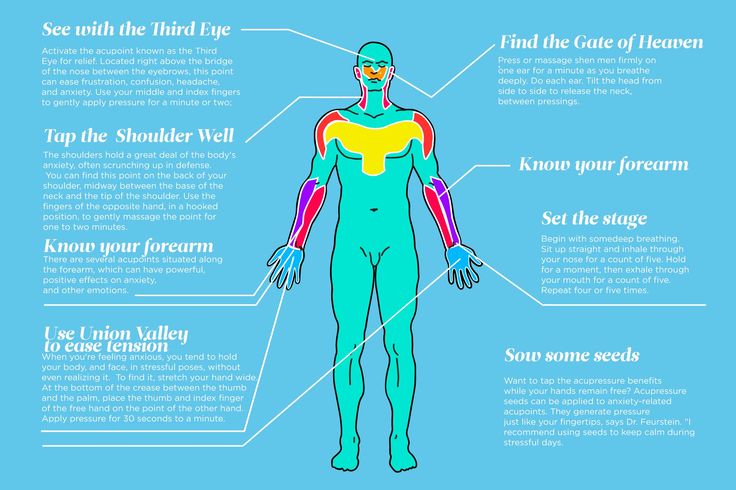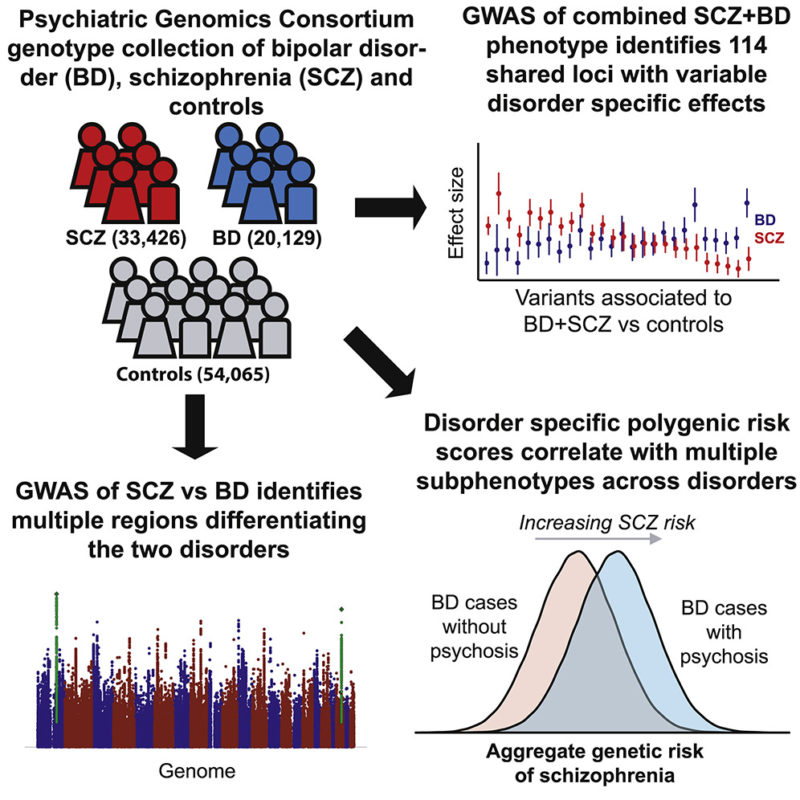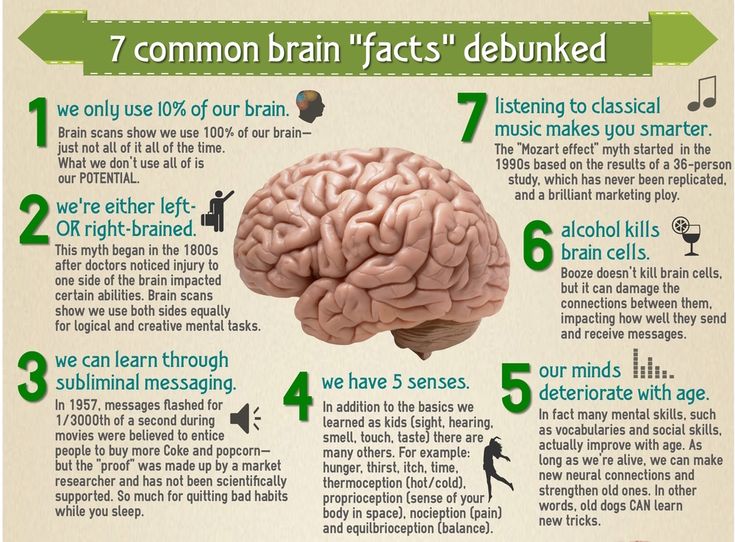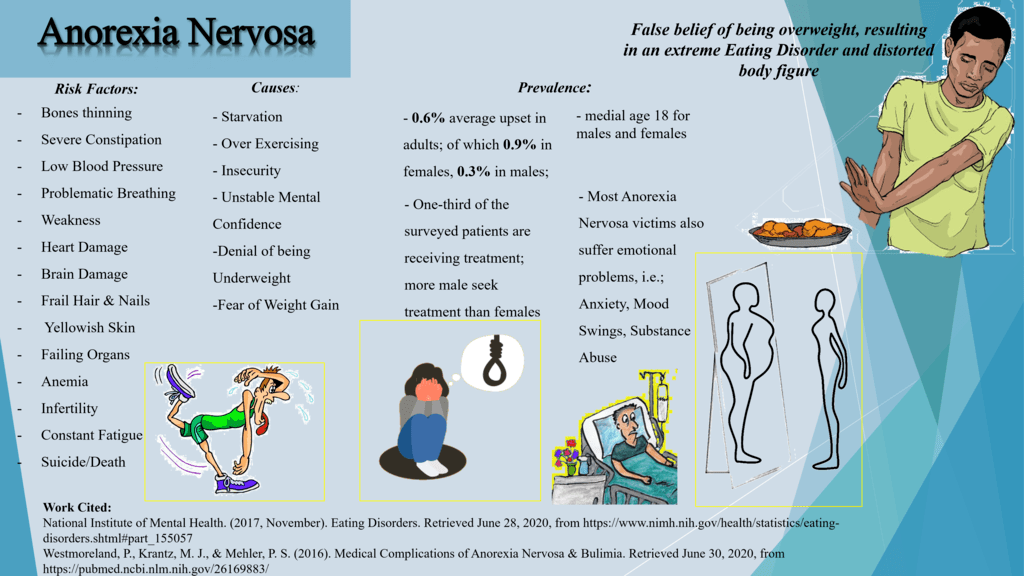In love with psychologist
In Love with Your Therapist? Here’s What You Can Do.
Developing romantic feelings for your therapist is common, and it’s called transference. Here’s why it happens and how to handle it.
Have you ever thought to yourself “I love my therapist”? If so, try not to feel ashamed, embarrassed, or awkward about it.
Falling in love with your therapist happens more often than you might think, and it can be attributed to a concept called transference.
Transference is when you redirect your feelings or thoughts for one individual onto another.
According to Iris Waichler, MSW, LCSW, transference can occur within the client-therapist dynamic when a client brings strong feelings and emotional needs relating to one relationship into their current therapeutic relationship. It can also happen when aspects of a person’s previous relationship are placed onto their current mental health professional.
On the other hand, countertransference is when the therapist experiences transference with their client. Put simply, the therapist falls in love with the client.
Transference can be a conscious or unconscious act.
It can also happen within other types of relationships, including:
- parents
- teachers
- doctors
- caregivers
- other authority figures
Transference can also happen with other emotions, like anger, attachment, or fear.
Waichler explains, “The therapeutic relationship between patient and therapist is an intimate one.” Strong feelings and emotions are involved in therapy so it’s not surprising many people develop romantic feelings for their therapist.
You can fall in love with your therapist for several different reasons, says Waichler, who lists possible explanations below:
- You look at your therapist in unrealistic ways (e.g., you perceive them to be perfect and idealize them).
- You discuss strong emotions from a previous relationship, and/or your therapist may remind you of a past romantic partner.
 You mistakenly attach these romantic feelings to your therapist.
You mistakenly attach these romantic feelings to your therapist. - You feel comfortable and safe in a successful therapeutic environment and might mistake this for passion or love.
- Therapists are often viewed by patients as authority figures — people who can help alleviate emotional pain and trauma. Feelings of gratitude can be perceived as love.
- You may not have experienced a healthy intimate relationship. It might feel safe to have feelings for your therapist because they won’t be returned (in an ethical, professional relationship).
- You have unmet needs in your relationships, and your sessions might often discuss issues relating to love and/or sex. In this case, transference can occur.
- You’re able to share your most intimate thoughts and feelings and not be judged or ridiculed by your therapist. It might seem natural for you to “fall in love” with someone who offers this unconditional attention, safe environment, and comfort.
So you have a crush on your therapist but you don’t know what to do about it. What’s the best course of action? Here’s some suggests about what to do and what not to do.
What’s the best course of action? Here’s some suggests about what to do and what not to do.
Accept your feelings
“Many patients try to deny or ignore these feelings by judging themselves in negative ways,” says Waichler. But this approach isn’t exactly helpful. She explains that suppressing feelings doesn’t make them go away — instead, they can actually become stronger.
Your first step is to try to acknowledge and accept your feelings for your therapist. From there, you can figure out how to move forward.
Talk to your therapist
No matter how awkward it might seem, Waichler recommends letting your therapist know you’re having these feelings.
“The therapist must know this so they can use them in therapy to understand why they’ve occurred and give insights on how to manage them,” she explains. “It can be a profound way for patients to understand more about themselves and intimate relationships.”
Don’t know how to talk to your therapist about transference?
Waichler suggests trying this conversation starter:
“There’s something that I’ve become aware of and, honestly, it’s awkward or difficult to discuss with you. But I think it’s very important that I share this with you so you can help me to know what to do about it.”
But I think it’s very important that I share this with you so you can help me to know what to do about it.”
Explore these feelings
“Be willing to explore this issue in the safety of a client/therapist relationship,” says Waichler.
She says that romantic feelings for your therapist may be the result of unfulfilled needs in romantic relationships that occur outside of therapy. But there are many other possible reasons (as listed above).
It can be helpful to discuss this experience with your therapist to get to the root of it in a safe, non-judgmental environment and resolve it accordingly.
“Don’t sabotage your therapy sessions by avoiding transparency or honesty,” adds Waichler. “It will only compromise the success of your therapy and delay a successful mental health outcome.”
Judge yourself
You might judge yourself harshly if you think this situation is uncommon. “Patients need to understand this dynamic does occur in therapeutic relationships, and it’s not unusual, shameful, embarrassing, or abnormal,” says Waichler.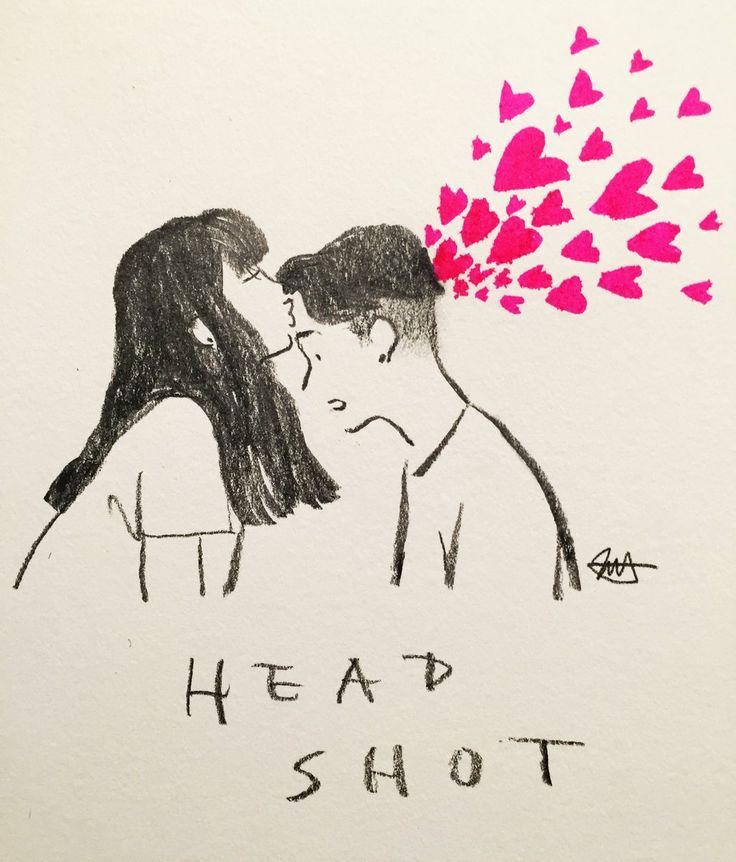
So try to be gentle with yourself as you explore these feelings.
Expect reciprocation
Friendly reminder: Just because you feel like you’re in love with your therapist, it doesn’t mean that your therapist feels the same way toward you.
Waichler warns not to have unrealistic expectations that your feelings will automatically be returned. “Understand therapists are bound by an ethical code that prohibits an inappropriate client/therapist relationship,” she adds.
Stop therapy
Finding a new therapist might sound appealing after telling your current therapist that you’re falling for them. But this isn’t always the best solution.
“The therapist and client must feel confident that once these feelings are openly addressed and discussed that they won’t compromise the therapist/client relationship and they can move forward with meeting the mutually agreed-upon treatment goals for therapy,” says Waichler.
If you’re falling in love with your therapist, try not to panic. This is a common experience called transference.
This is a common experience called transference.
Discovering and healing the root of why you’re experiencing transference can help you achieve healthier relationships, including the one you have with your therapist. So instead of judging yourself or finding a new mental health professional, consider accepting your feelings and sharing them in the safe space of your next therapy session.
In Love with Your Therapist? Here’s What You Can Do.
Developing romantic feelings for your therapist is common, and it’s called transference. Here’s why it happens and how to handle it.
Have you ever thought to yourself “I love my therapist”? If so, try not to feel ashamed, embarrassed, or awkward about it.
Falling in love with your therapist happens more often than you might think, and it can be attributed to a concept called transference.
Transference is when you redirect your feelings or thoughts for one individual onto another.
According to Iris Waichler, MSW, LCSW, transference can occur within the client-therapist dynamic when a client brings strong feelings and emotional needs relating to one relationship into their current therapeutic relationship.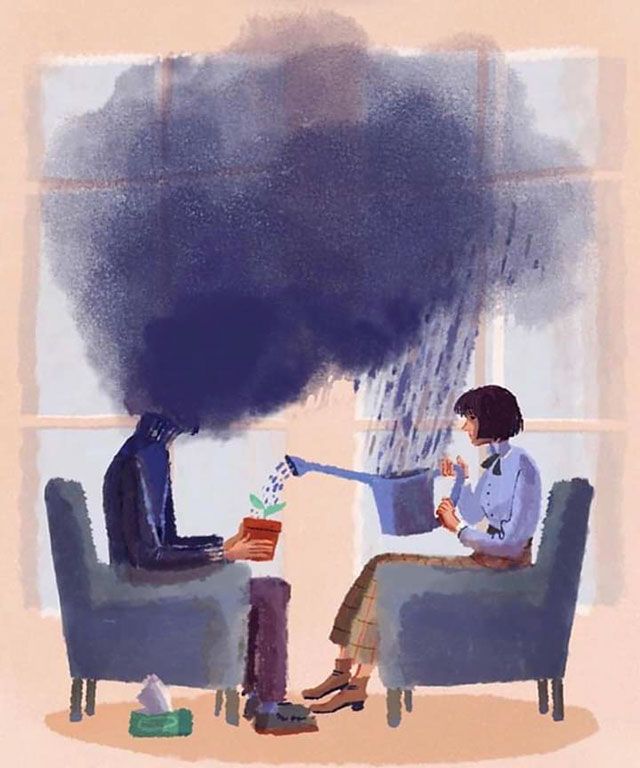 It can also happen when aspects of a person’s previous relationship are placed onto their current mental health professional.
It can also happen when aspects of a person’s previous relationship are placed onto their current mental health professional.
On the other hand, countertransference is when the therapist experiences transference with their client. Put simply, the therapist falls in love with the client.
Transference can be a conscious or unconscious act.
It can also happen within other types of relationships, including:
- parents
- teachers
- doctors
- caregivers
- other authority figures
Transference can also happen with other emotions, like anger, attachment, or fear.
Waichler explains, “The therapeutic relationship between patient and therapist is an intimate one.” Strong feelings and emotions are involved in therapy so it’s not surprising many people develop romantic feelings for their therapist.
You can fall in love with your therapist for several different reasons, says Waichler, who lists possible explanations below:
- You look at your therapist in unrealistic ways (e.
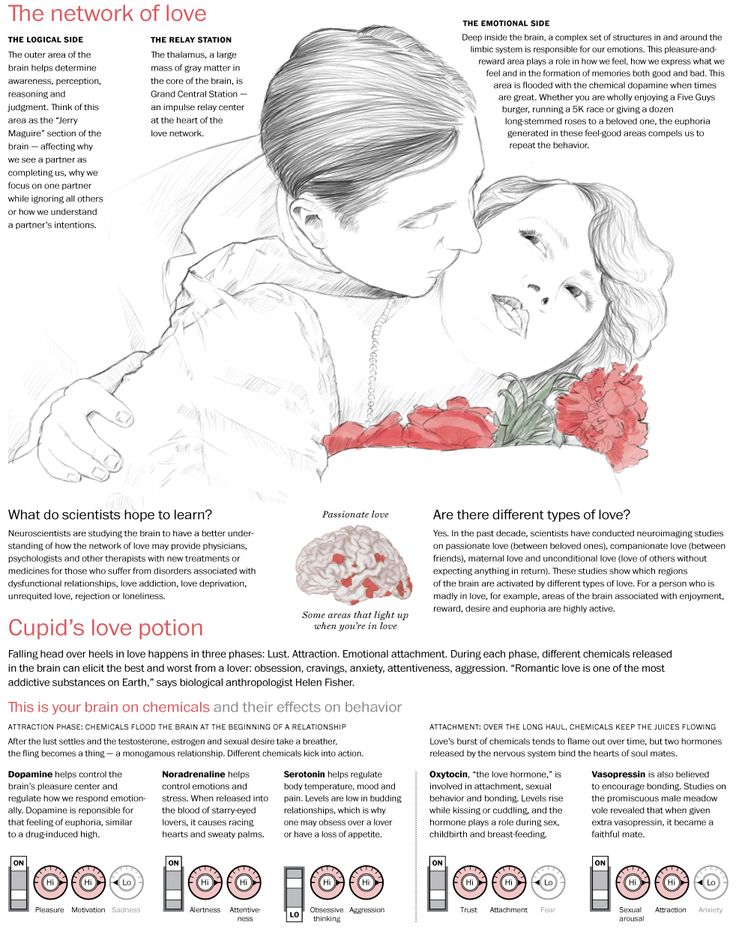 g., you perceive them to be perfect and idealize them).
g., you perceive them to be perfect and idealize them). - You discuss strong emotions from a previous relationship, and/or your therapist may remind you of a past romantic partner. You mistakenly attach these romantic feelings to your therapist.
- You feel comfortable and safe in a successful therapeutic environment and might mistake this for passion or love.
- Therapists are often viewed by patients as authority figures — people who can help alleviate emotional pain and trauma. Feelings of gratitude can be perceived as love.
- You may not have experienced a healthy intimate relationship. It might feel safe to have feelings for your therapist because they won’t be returned (in an ethical, professional relationship).
- You have unmet needs in your relationships, and your sessions might often discuss issues relating to love and/or sex. In this case, transference can occur.
- You’re able to share your most intimate thoughts and feelings and not be judged or ridiculed by your therapist.
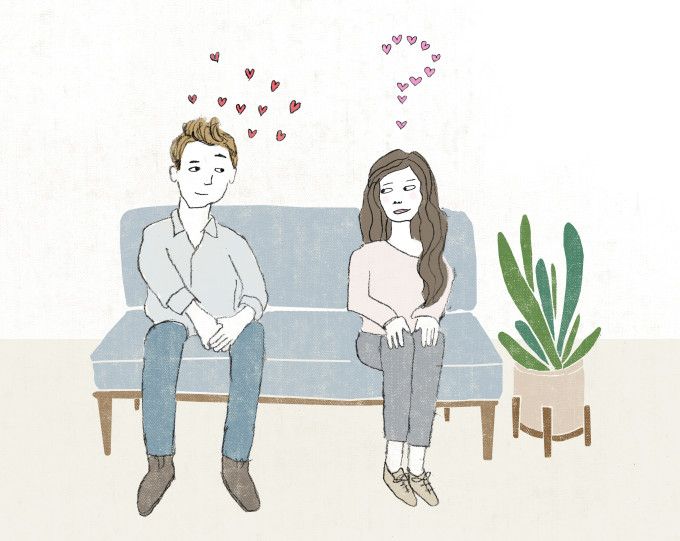 It might seem natural for you to “fall in love” with someone who offers this unconditional attention, safe environment, and comfort.
It might seem natural for you to “fall in love” with someone who offers this unconditional attention, safe environment, and comfort.
So you have a crush on your therapist but you don’t know what to do about it. What’s the best course of action? Here’s some suggests about what to do and what not to do.
Accept your feelings
“Many patients try to deny or ignore these feelings by judging themselves in negative ways,” says Waichler. But this approach isn’t exactly helpful. She explains that suppressing feelings doesn’t make them go away — instead, they can actually become stronger.
Your first step is to try to acknowledge and accept your feelings for your therapist. From there, you can figure out how to move forward.
Talk to your therapist
No matter how awkward it might seem, Waichler recommends letting your therapist know you’re having these feelings.
“The therapist must know this so they can use them in therapy to understand why they’ve occurred and give insights on how to manage them,” she explains. “It can be a profound way for patients to understand more about themselves and intimate relationships.”
“It can be a profound way for patients to understand more about themselves and intimate relationships.”
Don’t know how to talk to your therapist about transference?
Waichler suggests trying this conversation starter:
“There’s something that I’ve become aware of and, honestly, it’s awkward or difficult to discuss with you. But I think it’s very important that I share this with you so you can help me to know what to do about it.”
Explore these feelings
“Be willing to explore this issue in the safety of a client/therapist relationship,” says Waichler.
She says that romantic feelings for your therapist may be the result of unfulfilled needs in romantic relationships that occur outside of therapy. But there are many other possible reasons (as listed above).
It can be helpful to discuss this experience with your therapist to get to the root of it in a safe, non-judgmental environment and resolve it accordingly.
“Don’t sabotage your therapy sessions by avoiding transparency or honesty,” adds Waichler. “It will only compromise the success of your therapy and delay a successful mental health outcome.”
Judge yourself
You might judge yourself harshly if you think this situation is uncommon. “Patients need to understand this dynamic does occur in therapeutic relationships, and it’s not unusual, shameful, embarrassing, or abnormal,” says Waichler.
So try to be gentle with yourself as you explore these feelings.
Expect reciprocation
Friendly reminder: Just because you feel like you’re in love with your therapist, it doesn’t mean that your therapist feels the same way toward you.
Waichler warns not to have unrealistic expectations that your feelings will automatically be returned. “Understand therapists are bound by an ethical code that prohibits an inappropriate client/therapist relationship,” she adds.
Stop therapy
Finding a new therapist might sound appealing after telling your current therapist that you’re falling for them. But this isn’t always the best solution.
But this isn’t always the best solution.
“The therapist and client must feel confident that once these feelings are openly addressed and discussed that they won’t compromise the therapist/client relationship and they can move forward with meeting the mutually agreed-upon treatment goals for therapy,” says Waichler.
If you’re falling in love with your therapist, try not to panic. This is a common experience called transference.
Discovering and healing the root of why you’re experiencing transference can help you achieve healthier relationships, including the one you have with your therapist. So instead of judging yourself or finding a new mental health professional, consider accepting your feelings and sharing them in the safe space of your next therapy session.
Fall in love with a psychologist: myth or reality
Anna writes: “Hello. The past year was very difficult for me. Parents divorced, the guy left, there were difficulties with work, a lot of things had to be endured.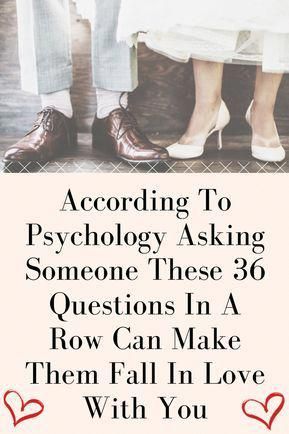 Against the background of all this, I had a depression, and I went to a psychologist. He is a man, about 40 years old, quite charming, a good specialist, he helped me a lot. The problem is, I think I'm in love with him. We meet once a week, and from meeting to meeting, I think only of him. I'm trying to figure out how he treats me. It seems to me that he is also not indifferent to me, he sometimes looks at me not as a patient, but as a girl (and I am quite attractive). I know that he is married, but sometimes in his words, when he says something, gentle intonations slip through, and then my heart begins to pound furiously. I imagine that we could be lovers, and it seems that I have no one else and do not need anything. Sometimes I feel like we could make it. He always rejoices at a meeting, but does nothing else. And I myself am afraid to confess my feelings to him. Tell me, as a psychologist, can we have something with him? And can I tell him about my love? Regards, Anna". nine0003 Psychologist answers https://www.
Against the background of all this, I had a depression, and I went to a psychologist. He is a man, about 40 years old, quite charming, a good specialist, he helped me a lot. The problem is, I think I'm in love with him. We meet once a week, and from meeting to meeting, I think only of him. I'm trying to figure out how he treats me. It seems to me that he is also not indifferent to me, he sometimes looks at me not as a patient, but as a girl (and I am quite attractive). I know that he is married, but sometimes in his words, when he says something, gentle intonations slip through, and then my heart begins to pound furiously. I imagine that we could be lovers, and it seems that I have no one else and do not need anything. Sometimes I feel like we could make it. He always rejoices at a meeting, but does nothing else. And I myself am afraid to confess my feelings to him. Tell me, as a psychologist, can we have something with him? And can I tell him about my love? Regards, Anna". nine0003 Psychologist answers https://www. glamour.ru/ Tatyana Kapitova: “Anna, a patient's love for a psychotherapist is quite common. This phenomenon even has a special name: "eroticized transference." I will tell you a little more about what you had to face and why. The psychologist heals with himself, his working tool is not only certain knowledge and experience, psychotherapeutic techniques, but also his whole personality. Attentive attitude, sincerity, invaluable acceptance of a person, willingness to listen, help, support, warmth and friendliness - all this makes the client feel safe and secure. The client develops an attachment to his therapist, as it could in any other relationship: the relationship of a child and parents, brother and sister, friends, man and woman. When the therapist and the client are of the opposite sex, feelings of tenderness and warm affection can develop into falling in love. Love for one's psychotherapist may increase if in real life the client's relationship with the opposite sex is not going well.
glamour.ru/ Tatyana Kapitova: “Anna, a patient's love for a psychotherapist is quite common. This phenomenon even has a special name: "eroticized transference." I will tell you a little more about what you had to face and why. The psychologist heals with himself, his working tool is not only certain knowledge and experience, psychotherapeutic techniques, but also his whole personality. Attentive attitude, sincerity, invaluable acceptance of a person, willingness to listen, help, support, warmth and friendliness - all this makes the client feel safe and secure. The client develops an attachment to his therapist, as it could in any other relationship: the relationship of a child and parents, brother and sister, friends, man and woman. When the therapist and the client are of the opposite sex, feelings of tenderness and warm affection can develop into falling in love. Love for one's psychotherapist may increase if in real life the client's relationship with the opposite sex is not going well.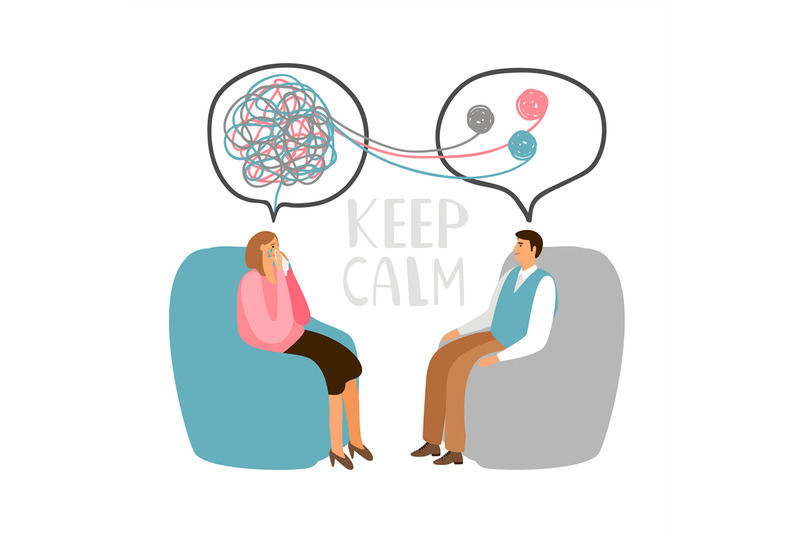 You wrote that a guy left you last year, after that (and a number of other unpleasant events) you turned to a psychologist for help. Your love is a natural reaction. One man betrayed you, and another came to replace him: smart, attentive, kind, helping. Perhaps you would like him to always stay by your side. But you must understand that your relationship with a therapist is different from any other relationship you might have in real life. You have unilateral, non-reciprocal obligations with him: he undertakes to use his knowledge, experience and personality in order to provide you with psychological assistance, and you undertake to pay for his work. If your therapist complies with the ethical code of psychologists, then he will never fully reciprocate you. He will not become your lover or friend, that is impossible. But you can certainly tell him about your love. Moreover, I would even recommend that you do so. The fact is that the discussion of eroticized transference is often a part of psychotherapy, and a competent specialist can and knows how to work with it.
You wrote that a guy left you last year, after that (and a number of other unpleasant events) you turned to a psychologist for help. Your love is a natural reaction. One man betrayed you, and another came to replace him: smart, attentive, kind, helping. Perhaps you would like him to always stay by your side. But you must understand that your relationship with a therapist is different from any other relationship you might have in real life. You have unilateral, non-reciprocal obligations with him: he undertakes to use his knowledge, experience and personality in order to provide you with psychological assistance, and you undertake to pay for his work. If your therapist complies with the ethical code of psychologists, then he will never fully reciprocate you. He will not become your lover or friend, that is impossible. But you can certainly tell him about your love. Moreover, I would even recommend that you do so. The fact is that the discussion of eroticized transference is often a part of psychotherapy, and a competent specialist can and knows how to work with it. During the process of transference discussion, previously hidden aspects of the client's unconscious are brought to light, which, when discovered and analyzed, help the client to get rid of some problems. For you, I believe, working with the transference will help you avoid problems in relationships with men and improve your personal life. nine0007 You can ask your question to the psychologist and other experts https://www.glamour.ru/ by sending a letter to [email protected] You can discuss any problem on the Glamor Forum in the section Need advice
During the process of transference discussion, previously hidden aspects of the client's unconscious are brought to light, which, when discovered and analyzed, help the client to get rid of some problems. For you, I believe, working with the transference will help you avoid problems in relationships with men and improve your personal life. nine0007 You can ask your question to the psychologist and other experts https://www.glamour.ru/ by sending a letter to [email protected] You can discuss any problem on the Glamor Forum in the section Need advice
What to do if you fall in love with your therapist
Man and Woman Know Yourself
First of all, do not quit therapy or sit with your face in your hands during a session. Client attraction to a therapist is quite common. Perhaps your specialist has already dealt with this. Being aware of these feelings and working with them in therapy will provide new opportunities for personal growth. So don't give in to shame, take a deep breath and heed the advice of the experts.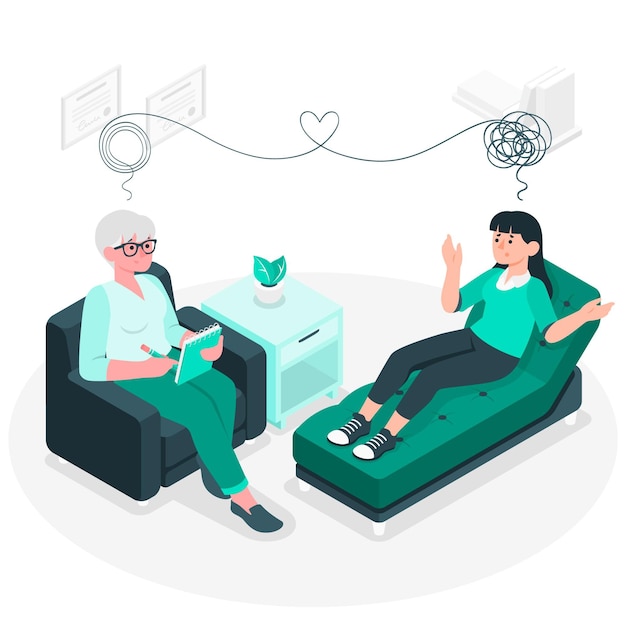 nine0013
nine0013
Your feelings are normal
You may feel embarrassed about falling in love with a psychologist, but this happens quite often. “I often hear stories like this from other therapists,” says Washington DC-based clinical psychologist Andrea Bonyor. New York psychoanalyst Sean Grover adds that romantic feelings for a therapist can be a very common manifestation of the so-called transference.
“Transference in psychoanalysis is the transfer of feelings from one relationship to another. Usually these are our early experiences that we project onto other people. Often, therefore, the same patterns appear again and again in relationships that we cannot get rid of, ”explains Grover. nine0013
Try to understand why these feelings arise
Of course, the therapist will help you deal with disturbing experiences, but it is also useful to delve into yourself to try to understand where they come from. “Therapy is a personal relationship with a specialist in which you constantly feel positive emotions and care.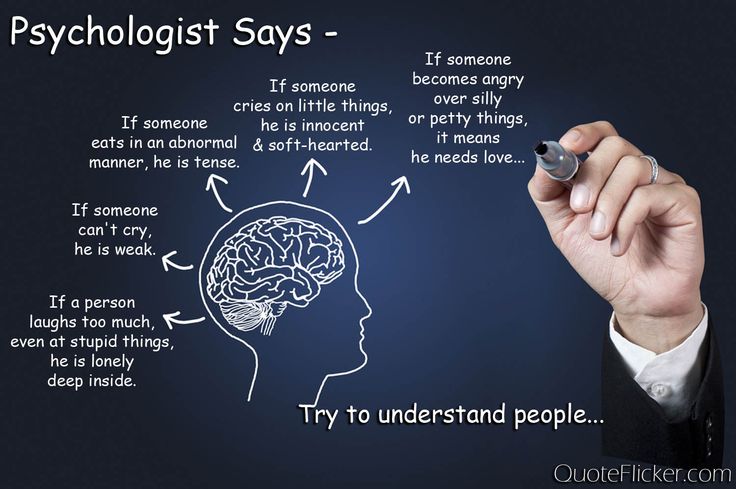 Often, clients have warm feelings for him, not necessarily sexual attraction, sometimes they are purely platonic. It can be, for example, admiration and gratitude,” says Andrea Bonyor. nine0013
Often, clients have warm feelings for him, not necessarily sexual attraction, sometimes they are purely platonic. It can be, for example, admiration and gratitude,” says Andrea Bonyor. nine0013
Feelings towards the therapist can help to understand something important
A good therapist creates a space for you in which you feel safe and can afford to be open and insecure. Some of us feel loved in this environment. “If you are lonely, you suffer from insecurity. It is only natural that you have warm feelings towards someone who cares about you,” says Andrea Bonyor. Psychologists sometimes seem to replace close people with whom we could not build the relationships that we wanted. nine0013
These feelings can help the treatment
Sean Grover is confident that a skilled psychologist can turn the patient's romantic experiences to his advantage. “Let’s say someone suffers because their parents don’t love or don’t accept them. Suddenly, a therapist appears in his life who gives what he so longed for, regrets the failures of the patient and rejoices in his successes, like a perfect parent, ”says Grover.
Suddenly, a therapist appears in his life who gives what he so longed for, regrets the failures of the patient and rejoices in his successes, like a perfect parent, ”says Grover.
In such a situation, the support of the therapist can help the client meet the emotional needs. Feelings towards him can help to understand something important. For example, that you become very attached to those who care about you, because this is unusual for you. Awareness of this pattern can provide opportunities for personal growth. nine0013
Each of us has a story that may explain why we fell in love with a psychologist. To understand this, first ask yourself: what spiritual needs does a specialist satisfy? “We try to give the client the opportunity to express themselves without fear of repercussions. If he knows that nothing bad will definitely happen, then he liberates himself and is much more tolerant of his feelings. This helps him in the future to make it easier to start close relationships without falling back into old habits and patterns, ”explains Sean Grover. nine0013
nine0013
Remember that these are just feelings
This is not about disrespecting your feelings - everyone knows how powerful emotions are and how they can completely overwhelm us. But the whole point of psychotherapy is to better learn how to manage emotions and cope with them. “Feelings are not divided into positive and negative. There are just feelings. Their value depends on what you do with them,” says Grover.
If you have feelings for the therapist, it may be worth talking about it - in many areas of psychotherapy, frankness is encouraged. If you choose to share your experiences, that too is part of the therapy process. nine0013
Realize that a romantic relationship between you is impossible
The therapist will not reciprocate your feelings. “That would be absolutely unacceptable,” says Andrea Bonyor. There is nothing wrong with your feelings. But only if you see them as a reason to understand yourself, and not as a reason to take action. The therapist will help you decide how to proceed, whether to continue working with him or to look for another specialist.